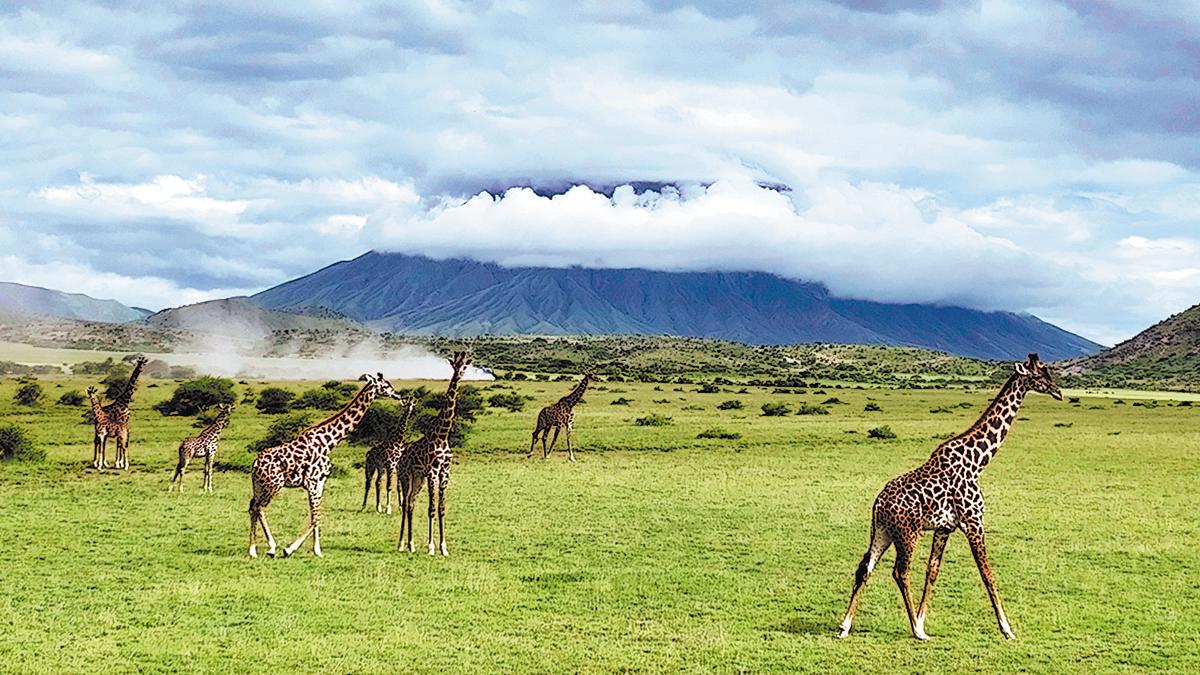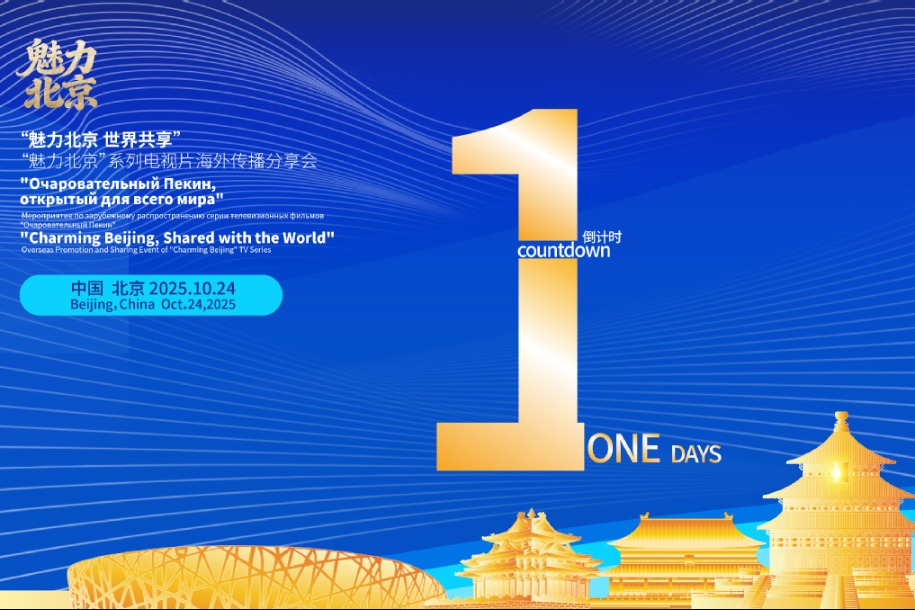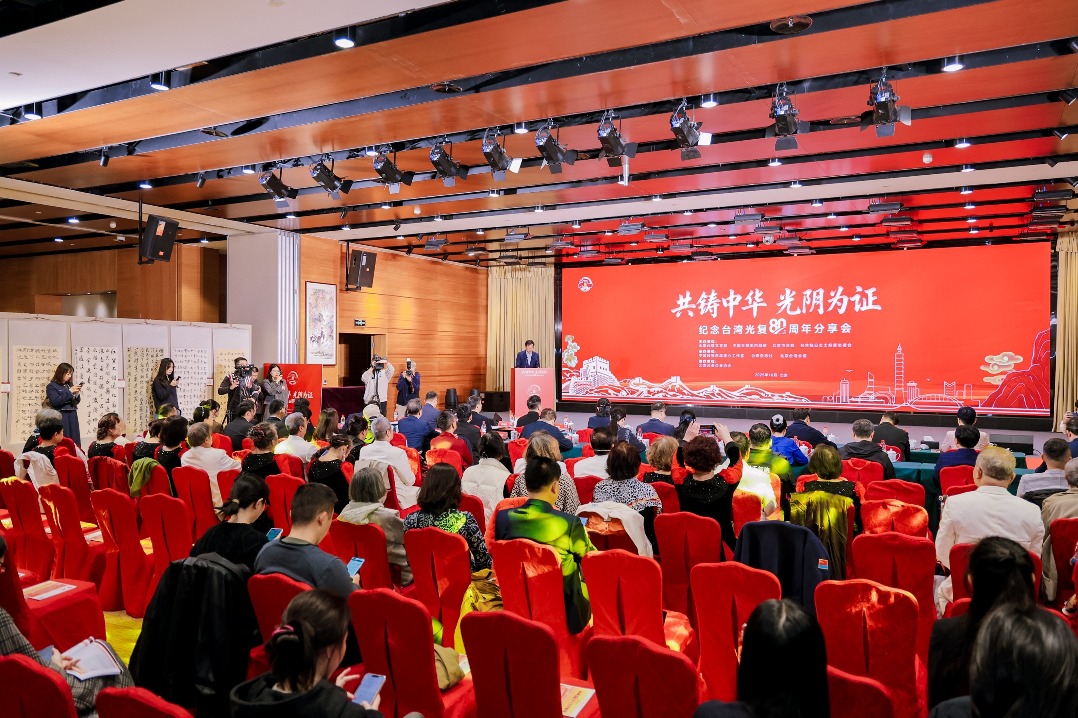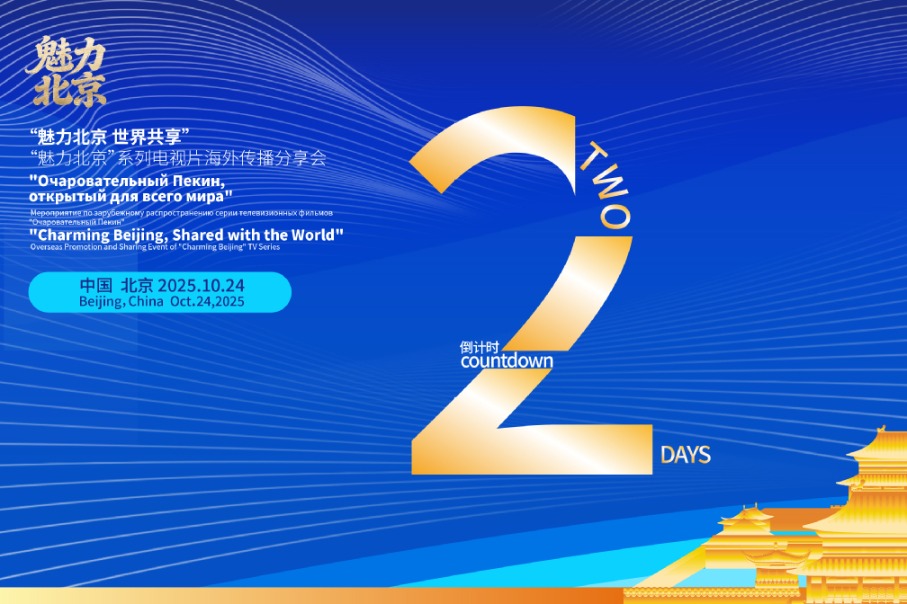Global geopark in Tanzania revived with Chinese aid
Project shows power of green development and technology


Additionally, the team has implemented a one-month talent training program for local residents, providing them with comprehensive knowledge about the geopark. This includes basic geological knowledge, the formation mechanisms of significant geological heritage sites, as well as training in the use of geological disaster monitor equipment.
The hard work bore fruit when UNESCO successfully revalidated the geopark in December last year, and the project is on track for completion by November.
Zhang Jianping, vice-president of the Global Geoparks Network and a professor at China University of Geosciences (Beijing), emphasized the "extreme importance" of China's foreign-aid project for the geopark. He noted that it has enhanced local infrastructure and economic opportunities while boosting cultural exchanges and ecological protection.
"As one of the only two global geoparks in Africa — the other is in Morocco — the Ngorongoro-Lengai Global Geopark is rich in geological, biological and cultural resources. Its conservation is quite good, but the geopark management is relatively weak," Zhang said.
"The authorities and staff members need to fully understand the philosophy of UNESCO Global Geoparks. Therefore, capacity building is very important for them, as it can lead them to pay more attention to considering local residents' needs and aspirations. It is greatly appreciated that this project included the training courses," he added.
Zhang Zhonghui, a senior engineer and a member of the Geological Society of China, described the foreign-aid project as "a paragon of international cooperation".
"The project has not only helped Tanzania create a batch of distinctive cultural and tourism products and activities but also achieved long-term empowerment through personnel training and improvements in local livelihoods," Zhang Zhonghui said.
limenghan@chinadaily.com.cn
























